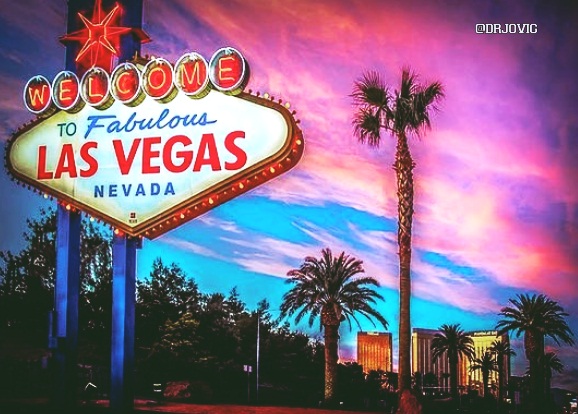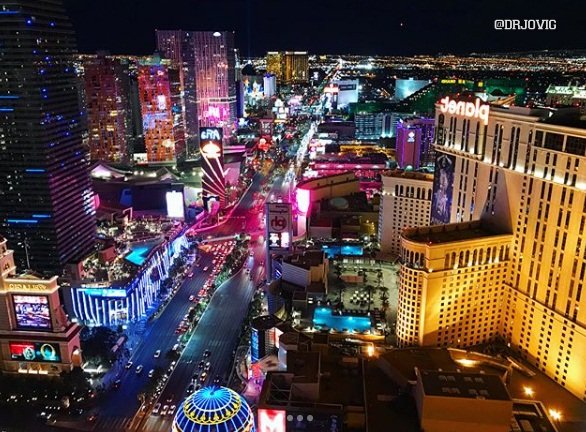History of Las Vegas ♠♦
Las Vegas is located in the Mojave Desert, where there was a series of wet areas, which the Spanish adventurer Antonio Armijo in 1829, called Las Vegas.
The area was sparsely inhabited by Paiutes Indians. The first targets to settle were the Mormons around 1855, the date on which they became part of the United States, since until then they belonged to Mexico.
In 1864 the army built the Fort Baker giving an impulse to the settlement of population, but it would not be until May 15, 1905 with the arrival of the railroad when in fact the city of Las Vegas was born.
In 1900, the springs that irrigated the wetlands and that had given rise to its name were channeled and allowed a stable population around the Fort and supply water to the trains that traveled between Los Angeles and Albuquerque.

With the legalization of the game in 1931 the expansion of Las Vegas begins. In 1941 they began to build large hotels with gambling casinos. The first ones were "El Rancho Las Vegas" and "La Última Frontera". It is known that many of the first investors came from the crime syndicate; The Flamingo, the first great hotel and one of the most emblematic, was built by the gangster Bugsy Siegel.
Las Vegas is the city that has grown the most in the United States. In 1940 it did not reach 40,000 inhabitants, in 1954 it had 54,000 inhabitants, in 1995 its metropolitan area reached one million inhabitants, in 2003 it reached 1,580,000 and in 2008 it already exceeds 1,800,000 inhabitants. Every month thousands of people settle in Las Vegas.
As a complement to the gaming rooms around 1950, the musical activity is incorporated into the offer, then the theatrical one and the circus has now been incorporated. The famous Circus of the Sun has fixed shows in Las Vegas.
It is a city that always needs to offer something new to attract tourists. In the thirties was the game, alcohol and prostitution, then come the musical performances, weddings and divorces express, today family entertainment and other hooks such as the abolition of taxes, such as the rent. It was always a city on the verge of legality offering its neighbors in Los Angeles what it forbade them.

-The views from the Paris hotel’s observation deck.